Teacher-Training Course Provides New Skills and Standards for Rural Teachers
Without teachers, the schools we support in Central Asia could never fulfill their ultimate purpose: to provide education and literacy for girls and women in Pakistan, Afghanistan, and Tajikistan. In many rural areas, some of which are supporting their first schools, finding qualified teachers can be difficult. For the past few years, CAI and our overseas partners have developed and led teacher-training courses for teachers in the remote areas where we work.
These teacher trainings keep rural educators current on national education standards for the required subjects and help them hone skills in classroom management and early childhood development. For many teachers, these trainings are the first time they have been exposed to valuable skills, and they are grateful for the opportunity to help their students learn.
Teacher-Training Course in Astore, Pakistan
Our most recent teacher training took place in the Astore Valley of Gilgit-Baltistan, Pakistan, put on by our partner Central Asia Institute–Gilgit (CAIG). This is the first teacher training in this isolated area, and it brought together teachers from private, public, and community schools. After a few teachers from the area attended another teacher training, they asked that CAI help the many other teachers from the region who couldn’t travel.
Over seven days, 56 teachers became students once again to learn important skills to help their students perform at a national level. The focus of the training was to familiarize teachers with the principles of early childhood development (ECD) and introduce elements of the national standard.
“New teachers juggle an overwhelming number of unfamiliar issues such as classroom management, instruction, curriculum, school culture, and operations,” says CAI-G Director Saidullah Baig. “Professional support is a desired need of every teacher. It develops professionalism and builds their confidence by preparing them to cope with modern techniques of teaching and learning.”
Covering New Teaching Skills
The students split into two tracts, one for the 15 teachers with no prior knowledge of ECD, and the other for the 41 teachers who needed more help with methodology.
The ECD group learned about the stages of childhood development, best practices for engaging learning at each stage, and the importance of establishing a daily routine with a focus on Bloom’s Taxonomy of Learning Domains (creating, evaluating, analyzing, applying, understanding, and remembering).
“Every topic of discussion was new for me. It was my first day to the session but I learned many things and enjoyed a lot,” said Afsana, one of the course participants. “I will try to know the intelligences of my students and I will try to guide them accordingly. I will go through these six levels of Blooms Taxonomy and will try to improve thinking skills of my students.”
Other teachers focused on learning the national curriculum standards set forth by the Pakistani government. They split into groups to go over the latest requirements for English, science, math, and other subjects their students need to pass national exams.
“This training was a mind changing event for me,” reflects Malika, a teacher from the local Astore Public School. “I was not aware about the National Curriculum Pakistan. Now I came to know that how important this document is for a teacher.”
All the teachers learned new techniques for managing classrooms, how to identify and teach to students with different learning styles, and the importance of lesson planning for each class. They worked in groups and practiced each technique themselves. They learned how to present to each other, try out learning games and songs, and develop exercises with inexpensive materials to help students learn their subjects.
Uzima read in her reflection that, “Before we were focusing on just the three low levels like recognition, knowledge, and implement, and we were thinking that we achieved our goals of teaching. Now I am fully aware that we should let students to think high level by analysis, synthesis, and evaluation.”
Before the training started, all teachers were evaluated on their current knowledge, teaching skills, and ECD experience. The same evaluation at the end of the course revealed all the students improved their knowledge and comprehension scores, most by more than double.
Saidullah is impressed with the teachers’ hard work and dedication throughout the week. Many of the teachers walked through heavy snow and cold temperatures to reach the training. He reiterates the importance of supporting teachers throughout their careers and ensuring they have the latest teaching techniques.
“It provides opportunities to teachers to rethink and reshape their teaching and learning strategies,” he says. “In the context of education, one of the quality indicators is teachers’ professional training and continuous support. This support encourages teachers to refresh their practices through sharing their successes and challenges and bring improvement in the areas where more assistance is required.”
Through hard work, dedication and access to teacher training courses, the teachers CAI support in Pakistan, Afghanistan, and Tajikistan are guiding the next generation of peacemakers and innovators and turning regular buildings, homes and even tents into schools. We’re so proud of the teachers in Astore and the amazing team at CAI-G for putting on this training, and we look forward to more trainings in all the countries we work in and to witnessing the impacts these new teaching techniques will have in the classrooms.
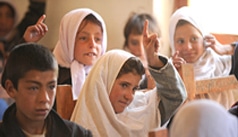
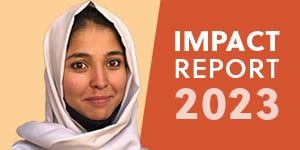

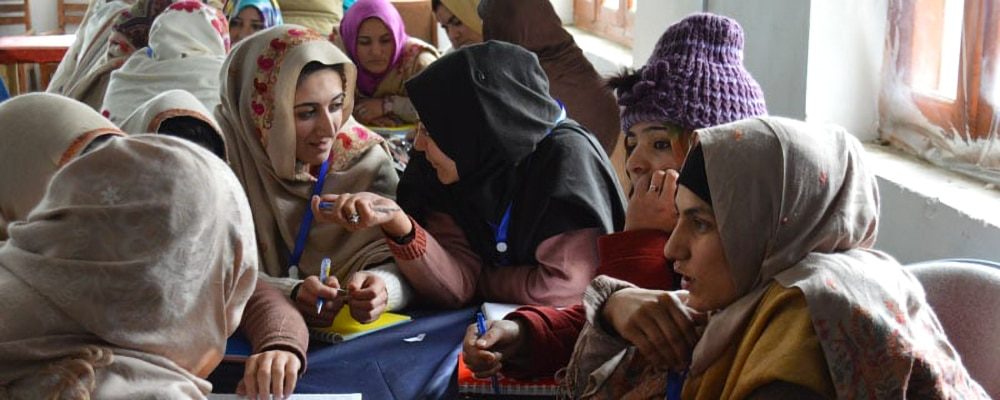


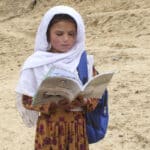
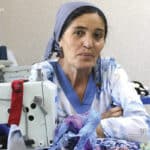

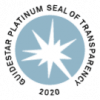


10 responses to “Teacher-Training Course Provides New Skills and Standards for Rural Teachers”
That’s wonderful! I admire the dedication of these teachers. May all their efforts be worthwhile.
Do you provide teacher training in Peshawar area ?
Hello Asad,
We currently only have teacher trainings in Gilgit and Astore.
What you are doing in education is awesome for all involved. This is our best hope for creating a better world for all.
How can I participate?
Hi Saira,
Thanks for reaching out. If you want more information on how to get involved you can email Alanna Brown at abrown@centralasiainstitute.org. She can help set you up with the right program. Thanks again!
Where is the local office located in Afghanistan and how are the training programs held? who are the target population in Afghanistan? Is there any ongoing training program active?
Hello Rahmatullah,
Thank you for the question. We have two partners who work in the northern regions of Afghanistan. Your best bet is to get in touch with them to see if they have trainings scheduled.
I have followed CAI’s work from the moment I read Three Cups of Tea several years ago, and am so happy to now read about the quality teacher training being offered in Pakistan. I am a retired Special Education teacher from USA and am now serving as School Counselor, Faculty Resource Person and Value Education teacher in a school in South India, and I cannot emphasize enough how enjoyable and fulfilling it is! To have a natural calling for serving others is its own reward. I hope and pray each and every teacher in your programme keeps constantly inspired to give more and more to these most deserving and eager young students, especially the girls who have struggled so hard to get an education. May God bless each teacher and student under your guidance and support. I wish them all a most successful, peaceful, happy and fulfilling life…and Inshallah, may they serve as an inspiration to others coming along after them. And God bless CAI for their continuing dedication and commitment to these most worthy projects.
Thank you for your kind words and your dedication as an educator. It’s been an amazing 20 years, and we are excited to see the next generation of student grow up and change the word. Take care.